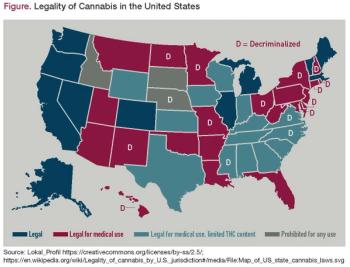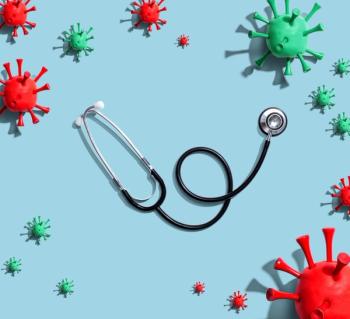
While incarceration is the definitive “treatment” for some, psychopathy exists on a spectrum like any other mental disorder; more recent research suggests the condition is capable of responding to treatment.

While incarceration is the definitive “treatment” for some, psychopathy exists on a spectrum like any other mental disorder; more recent research suggests the condition is capable of responding to treatment.

Defense attorneys have concerns regarding their client’s competency in about 8% to 15% of felony prosecutions. That is where psychiatrists come in.

With the state of the world, there are so many difficult conversations about racism, hatred, and violence that we need to have with our children.

A significant proportion of incarcerated individuals struggle with with addiction. So what is being done about it?

Oxcarbazepine might be considered for patients who you want to treat with carbamazepine for mania (as monotherapy or adjunct) but for whom it would be unsafe or who have been unable to tolerate it.

In the early days of the pandemic, there was debate about whether clinical services for patients with psychiatric illness were “essential.” The evolution of psychiatric consultation-liaison services to medically hospitalized patients was no less complex.

He was happy in a Gettysburg field, before he turned 13. That was the year his father’s body launched its own Civil War.

Given the significant variation in medical cannabis laws amongst states and the continually shifting legal landscape regarding its use, medical cannabis presents a unique challenge for medical professionals who consider recommending it to their patients

We have learned that in order to provide much-needed social support during difficult times, organizations should prepare to take certain steps.

Often misdiagnosed as other psychiatric disorders, FTD is the third most common type of dementia and the second most common among patients 65 years or younger. How to spot the signs.

This case illustrates the practical implications and effectiveness of the Minnesota Multiphasic Personality Inventory-2 in documenting patient recovery during treatment for delusional disorder.

There are epidemiological and clinical reasons why we should drop that term.

At the heart of reopening is protecting both population health and economic health.

With partisan political warfare, civil unrest, and the presidential race, how can mental health professionals assess and address “election anxiety”?

In many clinical situations to "do no harm" requires us to know what we know, know what we don’t know, and consult with a colleague who likely knows more than we do.

The chairman of Psychiatric Times' parent company, MJH Life Sciences, introduces the October issue.